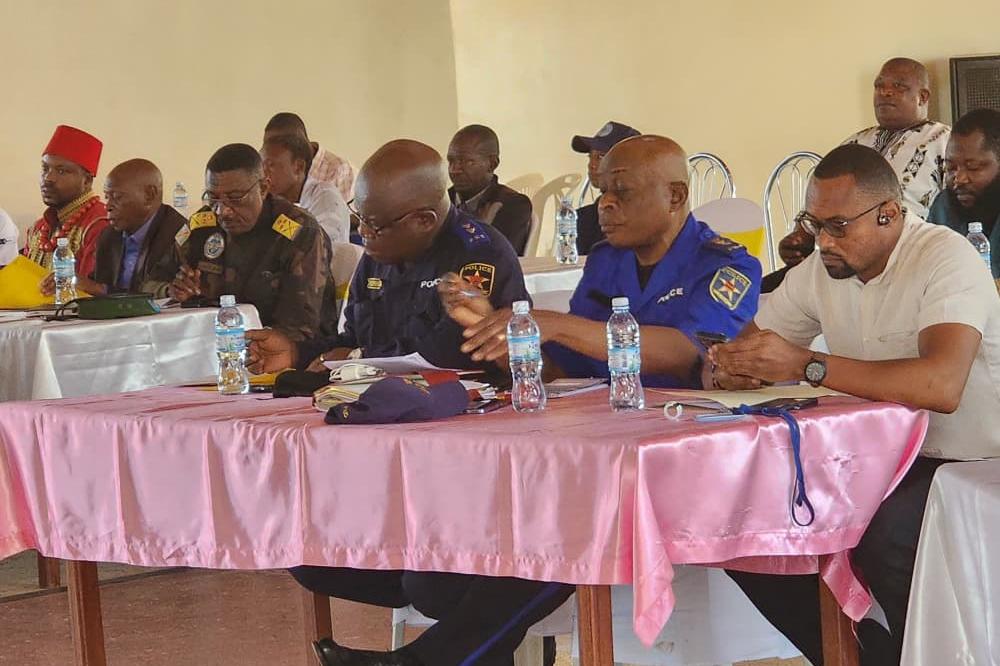Kinshasa, 29 June 2011 – Health authorities in the Democratic Republic of Congo recently detected several cases of cholera in the capital, Kinshasa, as well as inside the country. The outbreak has been confirmed by the World Health Organization (WHO), the United Nations Children's Fund (UNICEF) and several NGOs working in the health sector. The United Nations Stabilization Mission in the Democratic Republic of Congo (MONUSCO) has also observed many cases of cholera infection in Equateur province and several related deaths.
Seven cases of infection have been recorded in Kinshasa to date, according to a joint press release from the Ministry of Public Health, WHO and UNICEF, issued on 27 June 2011.
The press release also mentions "an abnormal incidence of cholera cases" in the Bandundu province since early June, with nearly 1000 cases of infection as well as many deaths in the following localities: 885 cases and 41 deaths in the Bolobo health zone; 74 cases and six deaths in the Yumbi heath zone; 27 cases and three deaths in Kwamouth; and seven cases with two deaths in Mushie.
Also in Equateur province, numerous cases of diarrhea were recorded since early May, which health authorities have now confirmed to be the result of cholera infection. Officials from UNICEF, the Office for the Coordination of Humanitarian Affairs (OCHA), MONUSCO and the medical charity, Médecins Sans Frontières (MSF), have also come to the same conclusion. In this province, the epidemic has infected as many as 259 persons, with 21 deaths reported.
Given the scale of the epidemic, emergency measures have been taken not only to prevent the spread of the disease, but also to control it where it has already started. These measures are summarized in five points in the joint press release as follows: wash hands with soap before eating or before feeding a child; wash hands with soap after using the toilet; eat cooked and hot food; cover all food items; and drink clean water. An awareness-raising campaign has been launched to get the majority of the population to adhere to these simple rules.
Jean-Tobie Okala / MONUSCO and Penangnini Toure / MONUSCO





